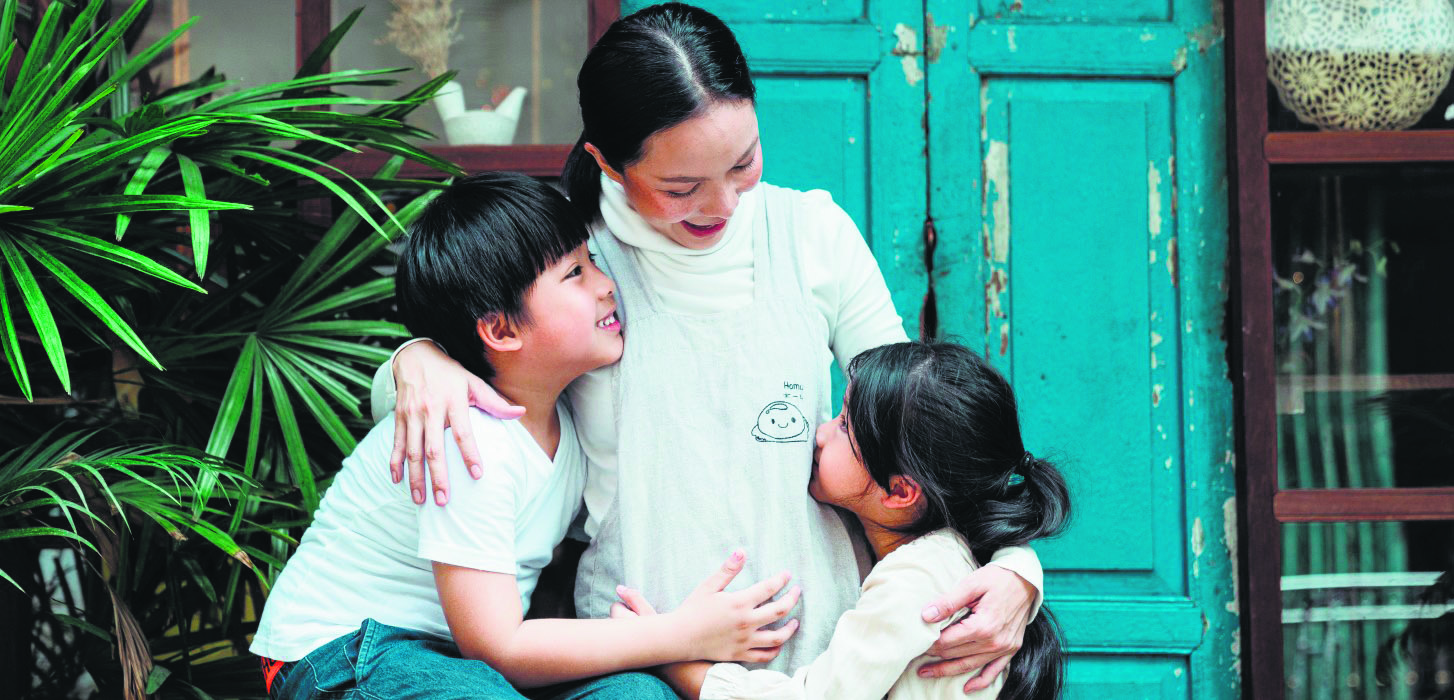
Parents play an important role in helping their uniquely abled children manage emotions effectively. To be able to teach children how to handle emotions at first parents need to be aware of how to identify, label and appropriately express their own emotions. Children learn and imbibe by observing their parents.
The first step would be to foster an environment that makes the child feel safe and accepted. Do not forget to acknowledge the achievements and uniqueness of the child. For raising an emotionally intelligent child, teach your child to recognize and understand their emotions and help them use simple words and language to express their feelings. Parents can model emotionally intelligent behaviours by sharing their own emotions and by sharing stories to help them learn different emotions.
Help your child with forming routines, as routines are predictable and unpredictability for some uniquely abled children can induce anxiety. Routines can help establish predictability and a sense of stability thereby reducing stress.
Parents can use Visual aids like charts, pictures, and social storybooks to explain and establish an understanding of various emotions. Teaching the right Coping strategy also works well for the child. Playing games like emotions and feelings board games, emotion twister where the child does movement as per the emotion spot in the twister mat, Freeze dance etc. can create an environment that encourages emotional exploration, self-expression, and self-regulation.
Parents can teach children various coping strategies like deep breathing exercises, sensory breaks, or using a quiet sensory space to calm themselves can be a helpful technique. Parents can also design a sensory toolbox that children can turn on when they feel overwhelmed. Social impairments can be huge contributors to emotional challenges hence help your child build social skills by facilitating interactions with Peers, and can work at practicing communication and cooperation. Teach your child to express their needs and preferences. This skill is crucial for developing independence and navigating social situations effectively.
Encourage independence by teaching problem-solving skills. Help them understand that it’s okay to ask for help when needed, and praise their efforts in finding solutions independently
Acknowledge and celebrate small achievements in emotional intelligence. Positive reinforcement can be a powerful motivator for continued growth and development.
For children with specific learning challenges, break down emotional intelligence tasks into smaller, more manageable steps. This approach helps them focus on one aspect at a time and build a foundation for broader emotional understanding.
Building emotional regulation following the above strategies can help your child achieve reduced stress and anxiety, enhance their social skills and relationships, develop effective coping mechanisms for dealing with stress and adversity, improve focus and attention, leading to better academic performance, enhance problem-solving and decision-making skills
And improved resilience in the face of challenges and setbacks, allowing them to bounce back and adapt more quickly. Overall, it leads to improved overall well-being and mental health. Consult with professionals as developmental paediatricians, psychologists, therapists, or counsellors who specialize in working with uniquely abled children. They can provide valuable strategies and support tailored to your child’s unique needs. Remember, every child is unique, and what works for one may not work for another. Consistent communication, observation, and collaboration with professionals can help parents tailor their support to the specific needs of their uniquely abled child.
The author is the developmental-behavioural Paediatrician, Director & Co-Founder of Continua Kids.















